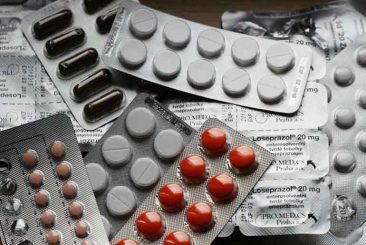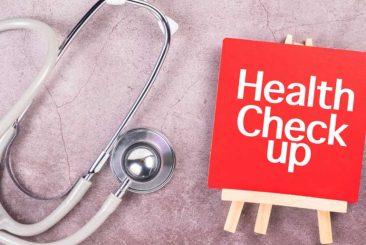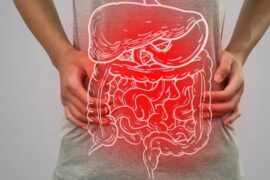Fatty liver, a condition characterized by an accumulation of fat in the liver, can be a reversible and manageable condition through lifestyle adjustments. Key measures include adopting a balanced diet rich in fruits, vegetables, and lean proteins while limiting sugar and processed foods. Controlling portion sizes and reducing saturated fats play crucial roles. Regular exercise and weight management are essential in reducing liver fat, and alcohol intake should be moderated or avoided. Regular medical check-ups are pivotal for monitoring progress. These lifestyle changes, guided by healthcare professionals, hold the potential to improve liver health and overall well-being for individuals with fatty liver disease.
Maintaining a healthy liver is essential for overall well-being. Here are some key lifestyle adjustments to support liver health and potentially reverse fatty liver disease:
1. Balanced Diet:

Consume a balanced diet rich in fruits, vegetables, whole grains, and lean proteins. These foods provide essential nutrients that support liver function. Avoid or limit sugar, processed foods, and saturated fats, as they can contribute to liver issues.
2. Regular Exercise:

Engage in regular physical activity, including both aerobic exercises (like walking or jogging) and strength training. Exercise can help reduce liver fat and improve overall health.
3. Moderate Alcohol Consumption:

If you consume alcohol, do so in moderation or consider quitting altogether. Alcohol can exacerbate fatty liver and other liver conditions.
4. Portion Control:

Be mindful of portion sizes. Overeating can lead to excess calorie intake, which can contribute to liver fat accumulation.
5. Hydration:

Staying hydrated is important for liver function. Aim for at least 8 glasses of water daily to support your liver’s detoxification processes.
6. Limit Medications:

Consult your healthcare provider about any medications you’re taking. Some medications can harm the liver. Always follow prescribed dosages and inform your doctor of all medications and supplements.
7. Regular Check-ups:

Schedule regular check-ups with your healthcare provider. They can monitor your liver health, perform relevant tests, and provide guidance on maintaining a healthy liver.
8. Lifestyle Changes:

Quit smoking, as smoking can harm the liver. Manage stress through relaxation techniques and ensure you get enough sleep. Chronic stress and lack of sleep can affect liver health.
Fatty liver disease is reversible with the right lifestyle changes, but it’s essential to follow your healthcare provider’s recommendations and monitor your progress. Prioritizing liver health can have a positive impact on your overall well-being. Let’s work together to reduce the prevalence of fatty liver disease worldwide.
Disclaimer:
The information contained in this article is for educational and informational purposes only and is not intended as a health advice. We would ask you to consult a qualified professional or medical expert to gain additional knowledge before you choose to consume any product or perform any exercise.









